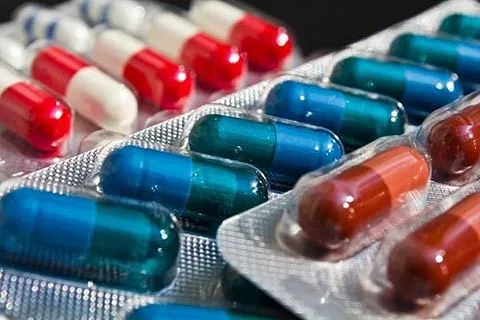Antibiotic resistance, once just a scientific term, is now a serious reality, taking more and more lives globally. In India, this problem is especially severe. Antibiotics, once known as miracle drugs, are quickly losing their effectiveness, creating a big challenge for healthcare systems everywhere.
The World Health Organization and leading medical journals like and warn that the future could be grim. Even the common infections could be untreatable, and the minor surgeries may become life-threatening. Globally, around 5 million deaths each year are linked to antimicrobial resistance (AMR), with 1.
27 million being directly caused by infections caused by resistant pathogens. If AMR continues to spread without control, it could be cause of death for around 10 million people annually by 2050, overtaking cancer as the leading cause of death. The economic loss is also concerning, which is reaching to $100 trillion globally by mid-century.
The MRSA (Methicillin-Resistant Staphylococcus aureus) and CRE (Carbapenem-Resistant Enterobacteriaceae) are major concerns in developed countries but, in the developing countries like India, the situation is worse because regulations are weaker, healthcare is less developed, and antibiotics are often misused in both humans and animals. India is facing huge AMR crisis, because the overuse of antibiotics in both medicine and farming has caused the rise of many drug-resistant bacteria. For example, third-generation cephalosporins, which are essenti.


















